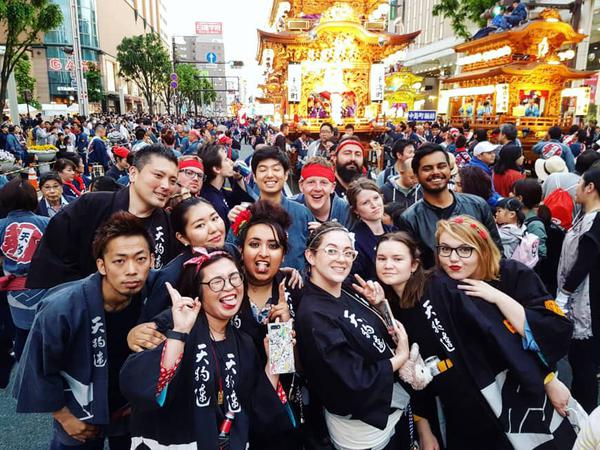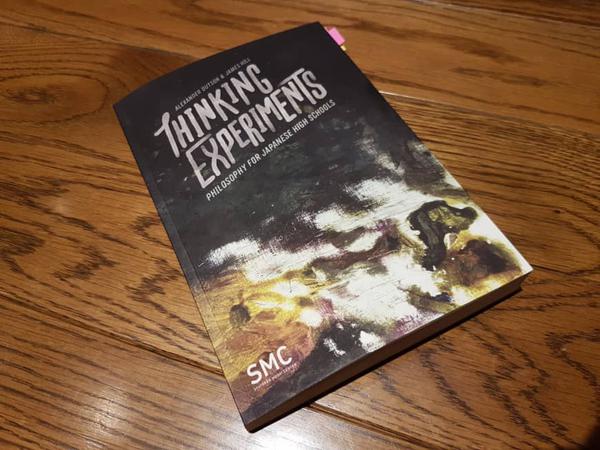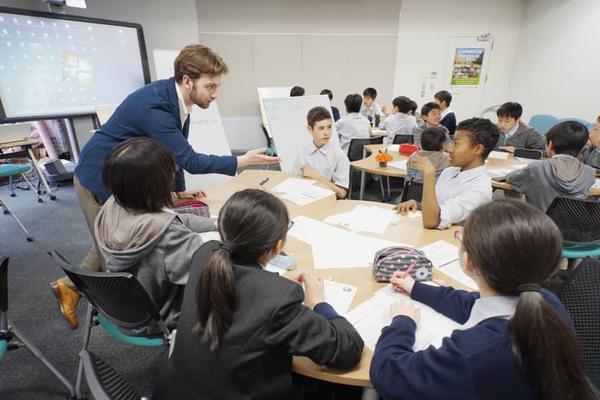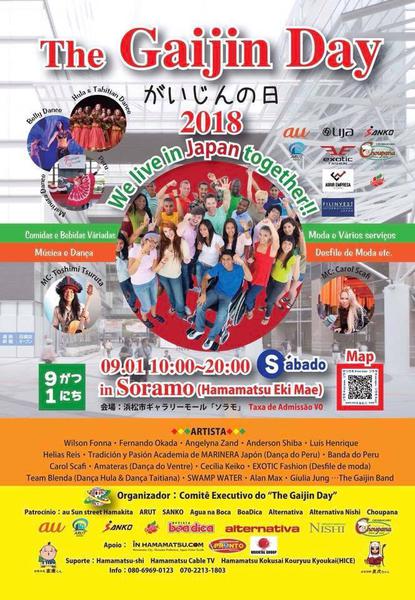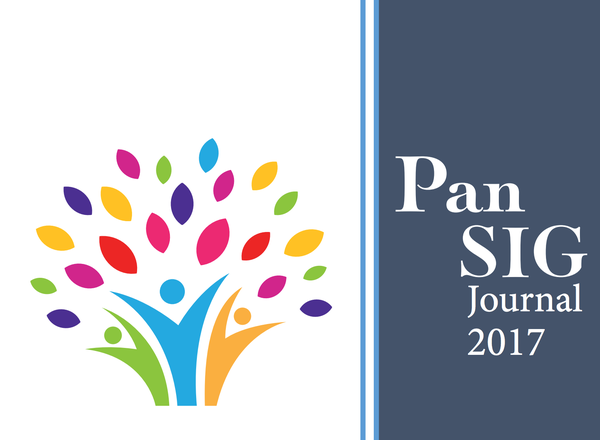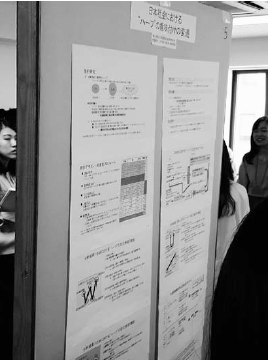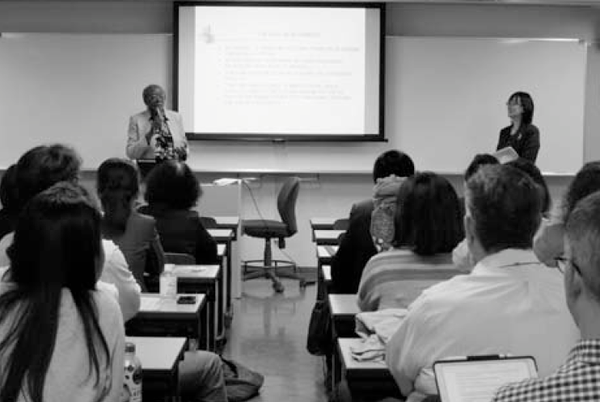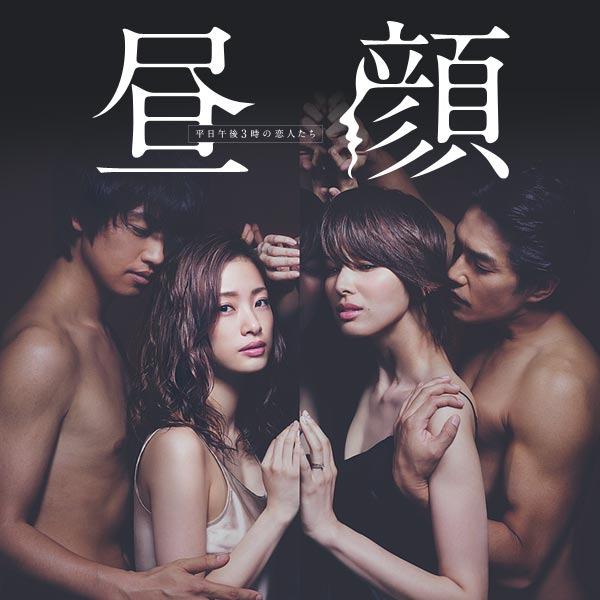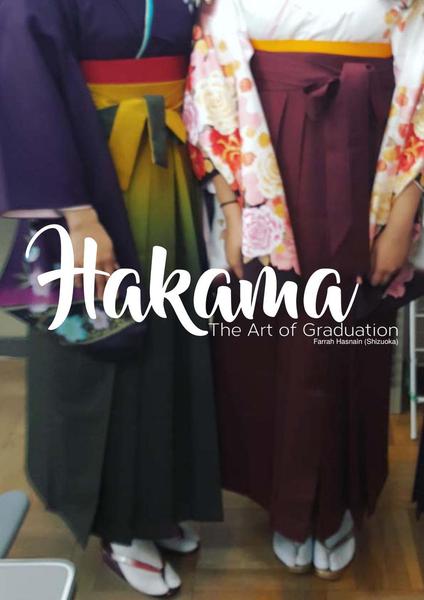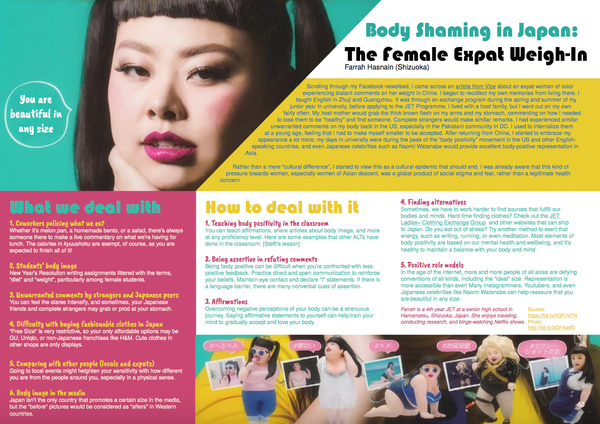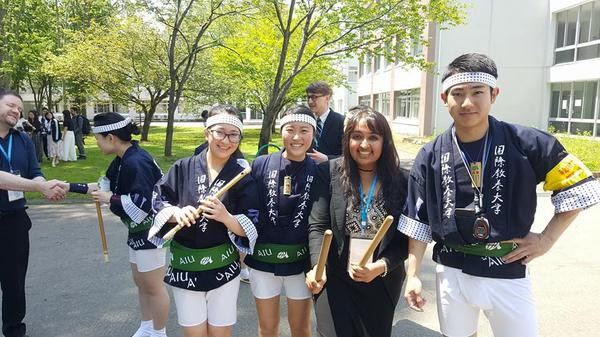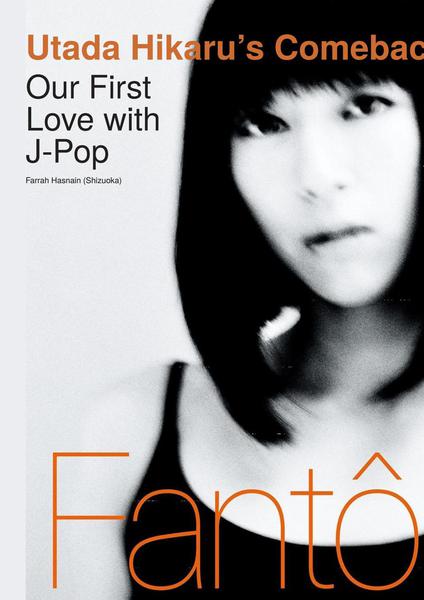Meet the women reframing black femininity in Japanese spaces
I can remember how excited I was when I first came to Japan. I landed in Tokyo and everything was new — new food, new sounds and new people. I have to admit, my excitement was tinged with a bit of anxiety, though. As a woman of color in my homeland of the United States, I’ve come to realize that my experience in a new place isn’t always the one that is reflected in the guide books. I never really know how the locals are going to receive me.
Meeting other women of color here really helped with t


